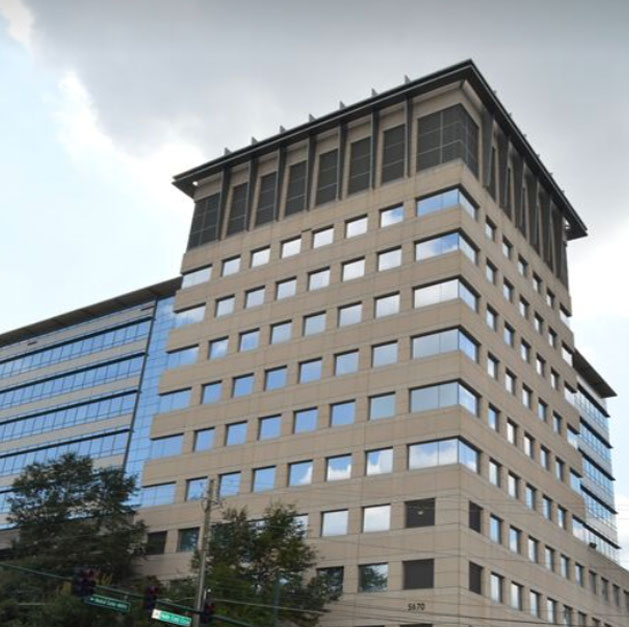How Sinus Infections Can Cause Toothaches
If you have a toothache or even several painful teeth, you might assume you’ve got a cavity, abscessed tooth or other dental problem. However, the cause of your pain may not be due to your teeth at all. The real problem may be a sinus infection.
Your upper teeth, particularly the upper molars, are sitting right next to your sinuses. The sinuses are a network of hollow cavities within the skull and located behind the eyes, nose and cheek bones. Their primary function is to warm, moisten and filter the air passing through the nasal cavity. When your sinuses are healthy, they’re lined with just a thin layer of mucus that drains away continuously. Your body is able to keep your sinuses clean.
Are you asking yourself, “How do I find the best sinus surgeon near me?”
If so, contact Atlanta’s best sinus doctors at Sinus Institute of Atlanta today.
Sometimes, though, the sinuses become inflamed, causing swelling and an increase in mucus production. This is known as a sinus infection (sinusitis). The underlying cause may be an allergy, pollutant or tissue irritant, the common cold, sinus polyps, an anatomical obstruction in the nasal passage, or a respiratory or dental infection (such as influenza virus or an infected molar tooth) that spread to the sinuses. Once mucus builds up, the sinuses become blocked, trapping bacteria that continue to multiply inside. Airflow into the nasal cavity and drainage of mucus out of the nasal cavity is restricted, creating pressure and subsequent pain in the sinuses.
There are actually four pairs of sinus cavities in your head, and all of them are capable of becoming congested. The ones most commonly affected by congestion and pressure are the maxillary sinuses, which are located on both sides of your nose. Very often, the roots of the upper molars and premolars (the top row of teeth) lie very close to the maxillary sinuses.
When the maxillary sinuses become inflamed or infected, the swelling can be so great that the walls of the sinus cavity can begin to press against the adjacent roots of the upper back teeth and over the upper jaw bones. This pressure can often lead toothaches that completely mimic the symptoms of pain associated with normal dental problem.
The intensity of tooth pain varies, depending on the extent of the sinus infection and swelling, along with the proximity of the root endings to the infected sinus. If the pain persists more than a couple of days, it can seem to travel to the lower teeth of the affected side.
While both sinus infections and dental problems can lead to aching teeth, jaws and cheeks, there are some signs indicating the tooth pain is likely due to a sinus infection, most notably:
- The pain is primarily in the upper back teeth
- Several teeth feel sore; the ache cannot be pinpointed to a specific tooth (as would be the case with a dental problem)
- Sinus pain worsens when the head is moved, while nodding, walking, jumping, standing up or lying down
- There is nasal or sinus congestion on the same side of the face as the tooth pain
- The pain is a continuous, dull ache or tenderness (as opposed to a sharp and worsening pain that is common with an abscessed tooth)
- The sufferer may have allergies, or exhibit other signs like an earache, throbbing headache, nasal discharge, loss of the sense of smell, and fatigue
If indeed you do have a sinus infection, there are many treatments that are available, including nasal drops, allergy medications, antibiotics or an ongoing regimen of nasal washes. In chronic cases and for recurring sinus infections, sinus surgery may be necessary.
If you think you may be suffering from sinusitis, or if your dentist has indicated that your dental pain may in fact be due to nasal problems, contact the Sinus Institute of Atlanta at (404) 257-7412 to request an office consultation with our ENT doctors. He will recommend the best treatment for your sinus condition, and get you feeling better in no time!










